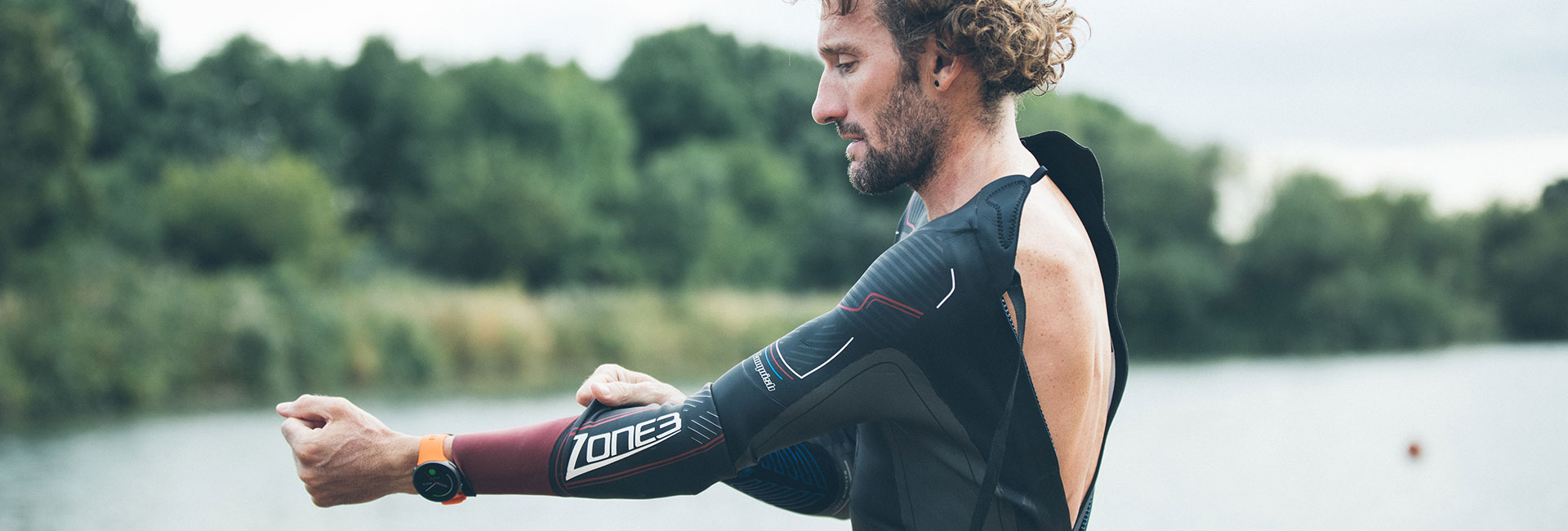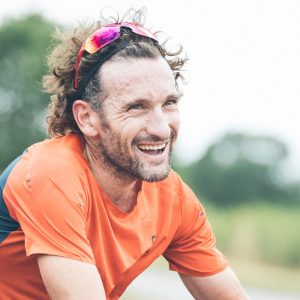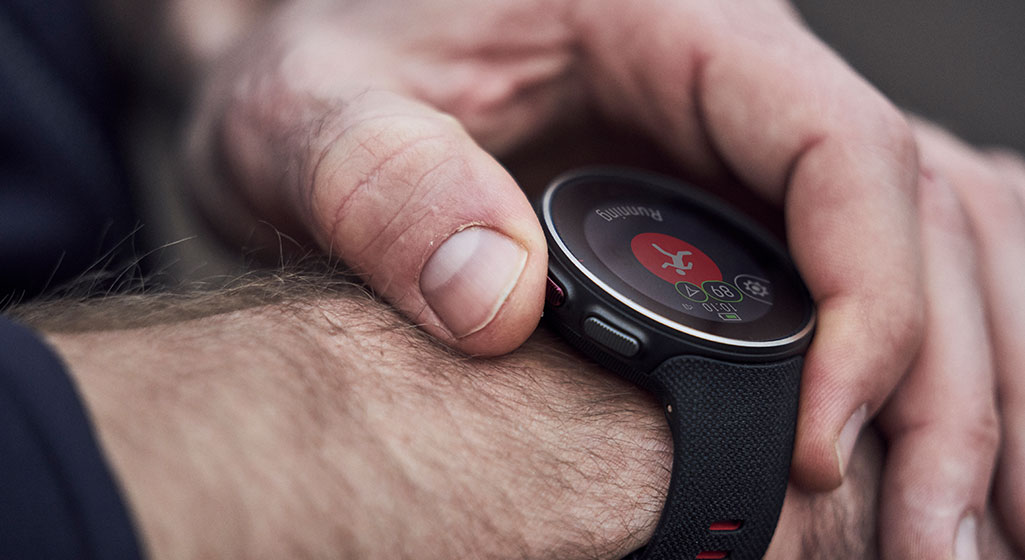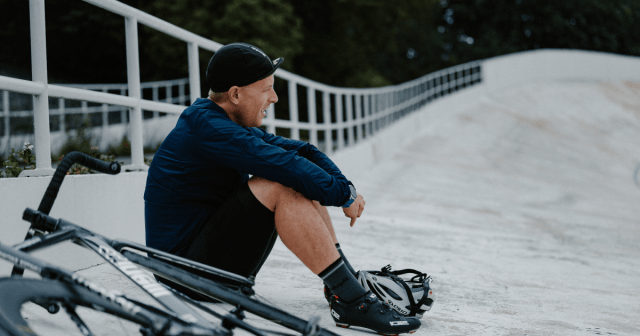It doesn’t matter how well you’ve executed your finely-tuned training block in the months leading up to a race — if you’re not toeing the starting line completely healthy and rested, your performance will suffer.
It’s an all-too-common theme in triathlon — many athletes unintentionally devalue recovery before race and taking care of their fundamental needs (like sleeping enough) during training season (which is, of course, key in order to meet their weekly training goals). This isn’t sustainable, and unfortunately usually ends with injury or burning out.
While the old adage “it’s better to undertrain and overperform than overtrain and underperform” might hold some truth, regularly incorporating recovery tactics into your training and racing approach can help you train harder and more often, which will make a huge impact on your success come race day.
Professional triathlete Tim Don has approached swimming, cycling and running with this mindset since his early days in the sport. His drive and focus, not just on training but recovery as well, has allowed him to reach the highest level of triathlon — he’s a four-time ITU World Champion, a three-time Olympian and he holds the world record for the fastest IRONMAN ever completed (Ironman Brazil, 7:40:23).
Even though Don isn’t racing in Kona this year, he’s on the Big Island mentoring the Zwift Tri Academy athletes. Who couldn’t use a tip or two from “The Don” himself?
We sure could, which is why we asked Tim Don to share some of his special recovery “sauce” as the 2019 IRONMAN World Championship in Kailua-Kona, Hawaii, looms just around the corner.
“When it comes to training and recovery, sometimes less is more. You should trust the process, while keeping in mind that it’s crucial to schedule rest days into your plan.”
How do you ensure proper recoverybefore race?
I really listen to my coach. We have a plan that is broken down into long-term, medium-term and short-term plans, but we aren’t afraid to switch it up based on how I feel.
If I need more rest, we take it. It’s simple, but sometimes athletes are afraid to admit they are tired and then just get more tired by not taking rest days or opting for intense training when active recovery would be the smart option.
what about after a race? What are your go-to Post-race recovery methods?
Sleep for sure, and eating well as well as staying hydrated. You need lots of healthy stuff and extra protein as IRONMAN is a big stress on your body, and you have to replace everything you have used up.
I also like hot baths and light swimming as well as some easy bike rides, but only 60 to 90 minutes the first week. Running is the last thing I add in for recovery, but again it’s about listening to your body and being flexible with your recovery. Every race is different.
How long after a big race are you ready to train again? Should post-race recovery period be longer for age groupers than pros?
I think pros and age groupers would need at least seven to 10 days of light active recovery before they start to train hard again, but again everyone is different.
At the end of the season after your fourth IRONMAN, you might need longer, or if the race was extra hot or taxing again you might need longer.
The more metrics you can track for recovery, the better you can listen to your body. I’d rather take an extra few days off than get back to training too early and feel awful.
Speaking of metrics, how do you ensure and measure recovery during a long training block?
I love to use my Polar Vantage V to record my sleep quality, training load and monitor my recovery. My resting heart rate is also key, as well as the load of each session. Also, the expected recovery from each session helps with gauging my current state of fatigue and stress levels.
The more I track my training, the greater the benefit from the data collected, and it’s more beneficial for me especially when I use Polar Flow as well.
Sleep is Key in Recovery before race. How do you ensure a good night’s sleep?
I always sleep with earplugs and in a totally dark room, and when I travel I take my own pillow. Sleep is the number 1 recovery tool!
When asleep, your general energy consumption is lowered as, most of the time, your body and brain is at rest. This means more energy can be used to restore your bones and sore muscles, both through an increase in growth hormone production, and by an increase in blood flow to the area in need, so it will speed up your recovery process.
While sleep is when the body does most of its recovering, turning off the mind as well will have a great benefit, so when you wake up you are mentally refreshed and ready to go again when it comes to your training.
Let’s say you have a bad night of sleep before a big race like Kona, is there anything you can do to make up for it?
There’s not much you can do except try and stay relaxed — what’s done is done. The secret is to try to not find yourself in that situation, and like racing, sleeping well takes practice, so practice months before race day.
Is recovery before race different in Kona due to the extreme conditions? How so?
I think it’s the same, but normally you have a long flight home after Kona, and as the race is extra hot and crazy hard, recovery will take a little longer.
For most people, Kona is the last race of the year, so just finishing the race and crossing that finish line is the focus — not recovery.
I try and replenish all I have used up in the race with fluids, electrolytes and protein as soon as I can. I also try and get back in the sea to get the body moving again.
For me, it’s also important to have a mental turn-off and try to stop thinking about training 24/7. Spending time with my family and friends helps with getting your mind away from training and racing.
What are your go-to methods to ensure recovery before racing on the Big Island?
I love using my Normatec boots and getting light massage, as well as eating well and staying in the air conditioning after training.
Again, focusing on a good night’s sleep is also key.
What Kona-specific advice would you like to share on how to prepare for this tough race?
Don’t underestimate the travel to Kona — it is brutal even from just the USA let alone the rest of the world. Get on that flight fully rested and don’t panic if it takes four to six days to get on the time zone, everyone will be in the same boat.
Also, don’t get caught up in the hype of race week and go to too many events or hang around in the sun too much. You are so close to the race, just try and focus on that!
Also make sure all your equipment is 100-percent ready, maybe 24 hours before you need it to be ready, so there is no extra stress in the last 48 hours pre-race.
If you liked this post, don’t forget to share so that others can find it, too.
Or give it a thumbs up!
I like this article
Please note that the information provided in the Polar Blog articles cannot replace individual advice from health professionals. Please consult your physician before starting a new fitness program.






